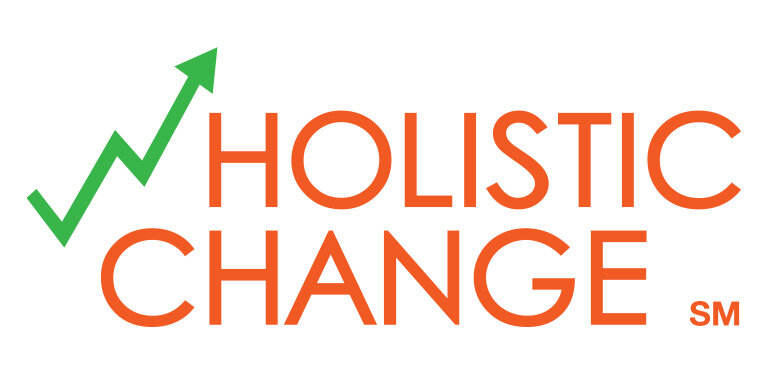I recently completed a year-long leadership course. The final exercise was presenting a speech to the board of the Minnesota High Tech Association (MHTA). After I spoke, one board member (who happens to be male) thanked me for being a woman who is willing to step up and share my story, without waiting for permission from a man. This got me thinking about how we lead change (in ourselves and in our organizations):Do you recognize your right to speak and speak up, or do you wait for someone to allow you to speak?
The Project
My 5-person team did a project for our leadership class about mentoring. As public speaking was one component of the curriculum, we received feedback on our presentation from a professional speaker. This expert explained that personal stories are more powerful in engaging our audience to not only pay attention, but also to be more willing to take action on what we say. He also coached us to choose a few people to present, as we only had 8 - 10 minutes to present and to answer questions from the board. It would be too distracting to the audience to keep switching presenters every 1 - 2 minutes.I kicked off our project presentation by sharing my story about what it was like being the only Latina in engineering school. I spoke about the difference a mentor can make in helping someone persevere to achieve his or her goals. After I spoke, a male member of my team talked about the research our team had done and how we think the MHTA can encourage their member companies to embrace mentoring to close the opportunity gap among underrepresented groups.My project team spoke last, after which we had a chance to mingle with the board members.Earlier in the year I had attended a workshop facilitated by one of the MHTA board members. After my project's presentation, I approached this board member to tell him how valuable his workshop was to me. He then shared a couple of observations with me:
- Out of 5 project teams, ours was the only 1 whose first speaker was a woman (me).
- Though all 5 project teams had female members, not all project teams chose to have a woman speak.
- Of the other 4 project teams, if a woman spoke, it was only after a man said "And now I am going to let <female> tell you more about our project."
The board member thanked me for being a woman who is willing to step up and share my story, without waiting for a man to give me permission and "let" me speak [emphasis his].
Background Inspiration
In 2007 I had the privilege of hearing Donna Brazile speak. Ms. Brazile was the first African-American woman to lead a national presidential campaign. She shared this advice at a women's leadership conference:
- We <women, minorities, any and all under-represented groups> need to walk up and claim our seat at the table.
- We need to bring some folding chairs so we can bring others along with us.
Donna Brazile's advice really resonated with me and has stuck with me to this day: We <women, minorities, under-represented groups> need to recognize our right to be present in those meetings in the beautiful board rooms where decisions are being made. When we get there, we need to bring others along so they will be inspired to find their voices and share their stories, too. And if there aren't enough chairs, we can bring our own!I believe the more comfortable we get with being in those meetings, the more comfortable the decision-makers will get with having a diverse group of people informing their decisions. And as boards and executive leadership teams become more diverse, the better off our companies will be.
Language Going Forward
I must admit that before the board member said anything, I had not paid much attention to the specific words people used when handing off the microphone to others. I found it fascinating that he noticed the (important) nuance of what the male speakers from the other 4 project teams said, "Now I am going to let <female> talk."From now on, I intend to be mindful of how I introduce and transition to other people. I value the contributions of the people on my team, and want to ensure that my words reflect that respect. I am not going to "let" people speak, instead I am going to introduce them by expressing gratitude that they have brought their insights and unique viewpoints to make our project even better than it would be without them.How about you?

